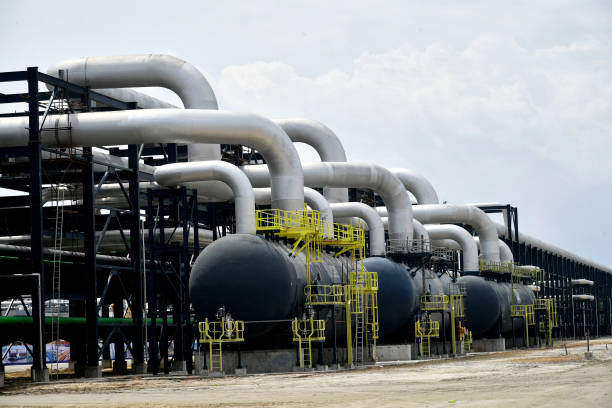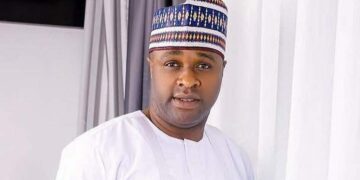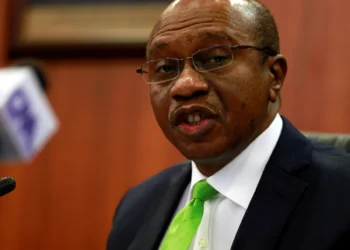
Nigeria’s Excess Crude Account (ECA), once a key financial safety net, now holds less than $500,000. This is despite a strong rise in global oil prices.
At the 149th National Economic Council (NEC) meeting, Acting Accountant-General Shamseldeen Ogunjimi revealed the ECA’s balance: just $473,754.57.
No New Deposits Under Tinubu
Since President Bola Tinubu took office in May 2023, no new funds have been added to the ECA. This comes even though oil has sold for more than $80 per barrel this year. That’s well above the ₦77.96 per barrel budget benchmark set for 2024.
What Is the ECA?
The ECA was created in 2004 during President Olusegun Obasanjo’s administration. It was designed to save extra oil revenue and protect the economy during price drops.
At its peak, the ECA held over $20 billion. When President Goodluck Jonathan left office in 2015, it had dropped to $2.47 billion. Under President Muhammadu Buhari, it fell even further to its current low level.
Lack of Transparency Raises Concerns
Over the years, money has been withdrawn from the ECA for various reasons — including national security and infrastructure. However, many of these withdrawals lacked transparency or clear records.
Now, with Nigeria facing high inflation and growing debt, the failure to save during a time of high oil prices is coming under renewed scrutiny.
“We have a savings tool, but it’s not being used,” said Dr. Chika Onyekwena of CSEA. “It’s short-sighted and risky.”
Why This Matters
Nigeria depends heavily on oil. It makes up over 70% of exports and more than 50% of government income. Without savings like the ECA, Nigeria becomes more vulnerable during economic downturns.
“What happens if oil prices crash again or another crisis hits?” asked fiscal expert Dr. Sarah Ibe. “Without a buffer, we’ll see more borrowing and inflation.”
As of Q1 2025, public debt stands at ₦97 trillion, with over 90% of revenue going to debt payments.
Accountability Needed
There are also concerns about how the ECA is managed. Governors often push for withdrawals to increase monthly allocations. Experts say this defeats the fund’s purpose.
“The ECA has become an orphaned fund,” said Eze Onyekpere of the Centre for Social Justice. “We need legal safeguards and fiscal discipline.”
Investors Are Watching
International investors and credit agencies closely watch how Nigeria manages oil windfalls. A weak ECA may hurt Nigeria’s credit rating and investor confidence.
“When a country fails to save during boom times, it sends the wrong message,” said analyst Rolake Akinkugbe-Filani.
Government Silent on the Issue
Despite rising public concern, the federal government has not explained the ECA’s inactivity. Vice President Shettima has remained silent. The Ministry of Finance also did not respond to media requests.
Online, many Nigerians see this as part of a larger pattern of poor financial management and lack of accountability.
In Summary:
Nigeria had a chance to rebuild its oil savings during a boom. It didn’t. Now, with the ECA almost empty, the country risks facing the next crisis without a financial cushion.


















